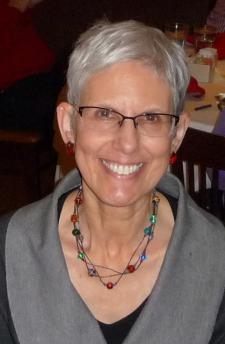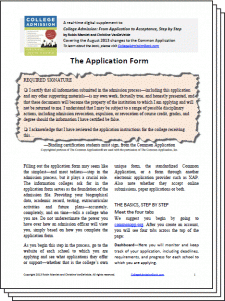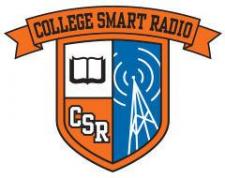Be yourself! Everybody else is taken...
Posted on Tue, 01/07/2014 - 12:46
High school counselor Barbara Simmons joins us today to examine the meaning of the directive to "Be yourself!" in the college application -- and provides some steps for getting there. Heads up, juniors! The time to start thinking about this is now.
With all of the resolutions swirling around in January when everything is fresh and new – I propose a resolution for all students embarking upon their search for those colleges that will become their new educational and social homes in a year and a half. So, this resolution is for you, the juniors in high school, heading towards your 2nd semester of junior year.
Resolved: I will continue to “know myself”.
Many of you will think that this aphorism, “know thyself”, has been both overused and around since ancient Greece – at times a proverb used to help those who boasted about themselves, “exceeding what they actually were,” and at times a “warning to pay no attention to the opinion of the multitude." . How many times have you heard “know who you are?” from a counselor or educator or parent? How many questionnaires have you answered with this as the guiding theme?













